BA/Leverhulme Small Research Grants June 2025 round
The call for the next round of BA/Leverhulme Small Research Grants will be opening soon, expected 9th April.
We are welcoming your proposals for the upcoming BA/Leverhulme Small grants call.
The below deadlines will be in place to ensure that the pre-award team can provide all interested academics with optimal support.
|
26th February 2025
26th Feb – 9th April
|
Guidance Session – follow the link below-
Work on your proposal between the allotted time- things to accomplish during that time by the 9th April: -Brainstorm idea with peers/mentors and discuss the design, methods and approach you are planning to take -Consider if you require additional funding development support, ie Research Facilitator support, External Application Reviewers, Bid writing – speak to RDS -Organise your team, will you have a coi or the max of two at hand, do you need any further wider team (panel). -Start a Flexi-Grant account and start an application in the system
-Submit your ITB and attach your draft proposal |
| 9th April 2025 | Call Opens -expected- |
|
9th April 2025
10th -25th April |
Latest date to submit your ITB
Remember to advise your referee that you will be sending them your completed application on Flexi-Grant and that their expected statement to be submitted by the 23rd May
Internal Peer review taking place |
| 25th April 2025 | If you are Grade 8 or below and you wish to use the support of an External Application Reviewer (EAR), you must submit your quality approved by the Faculty draft application to RDS by this date. |
| 23rd May 2025 | Nominated referee supporting statement to be completed via Flexi-Grant |
| 24th May 2025 | Your final application must be submitted on Flexi-Grant by this date at the latest.
Click ‘submit’ and the form will be sent to BU’s accounts for RDS checks. |
| 24th May – 4th June 2025 | Institutional checks to take place by RDS and final submissions. – submission final dates estimated currently till call opens. |
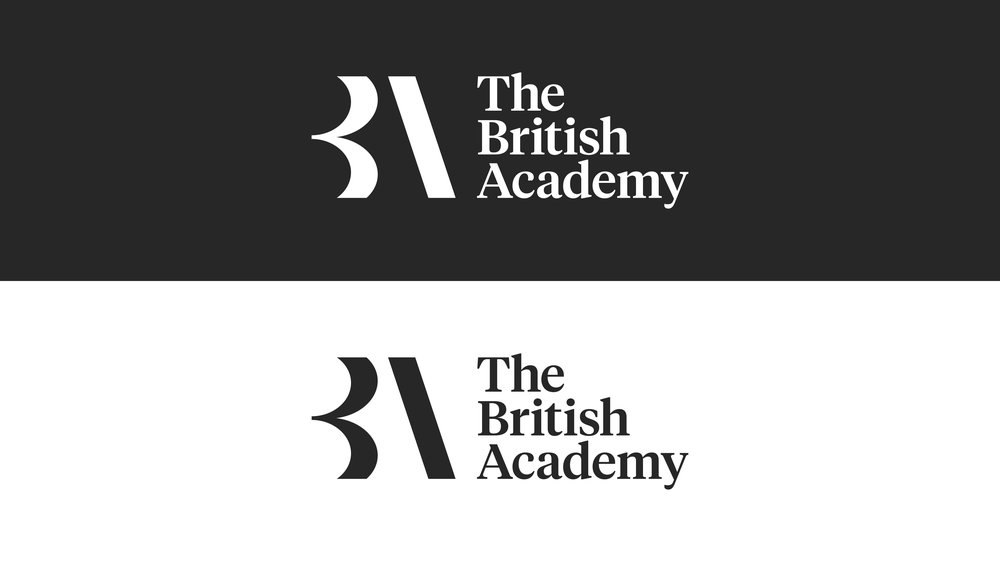
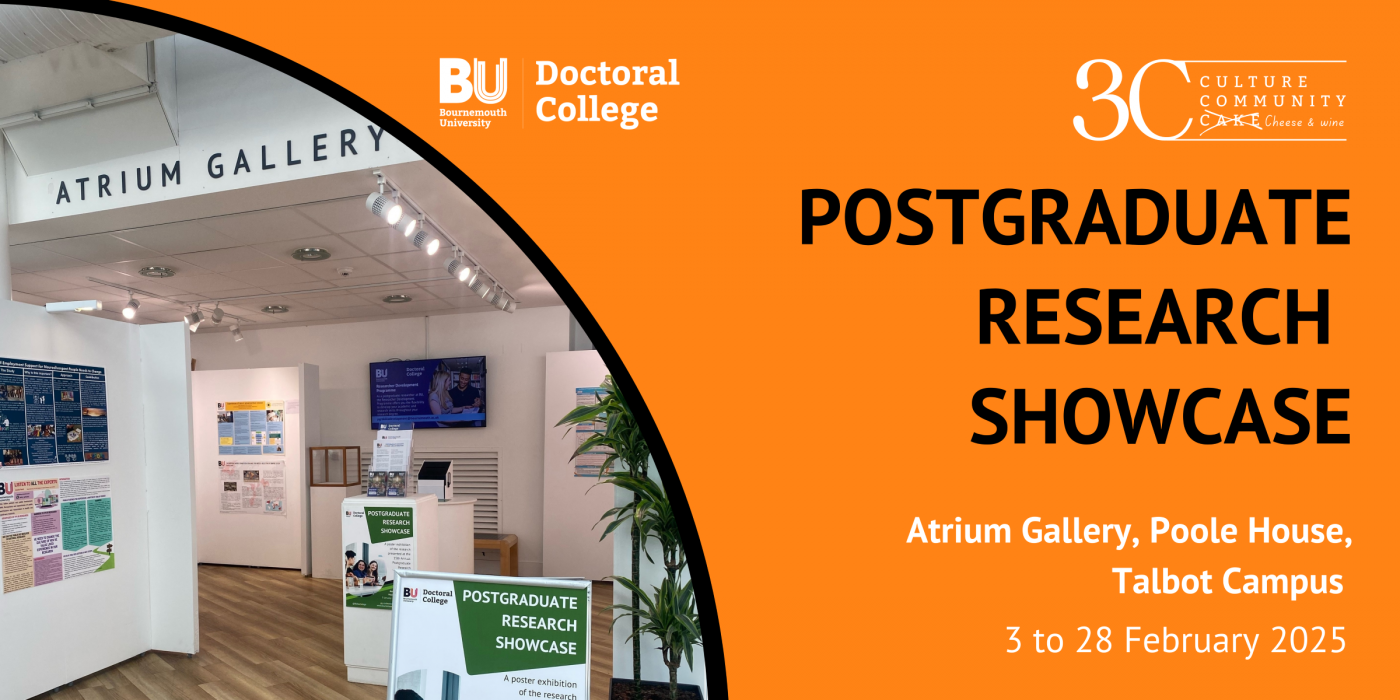
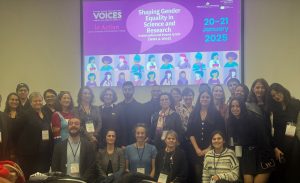
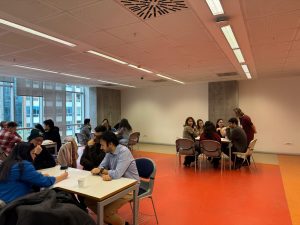
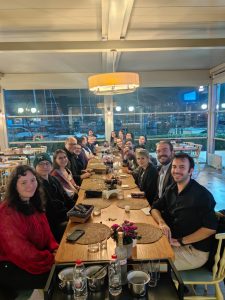
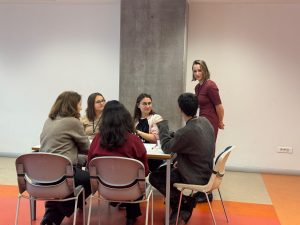
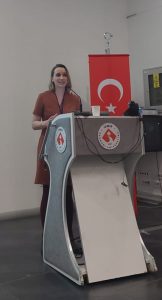

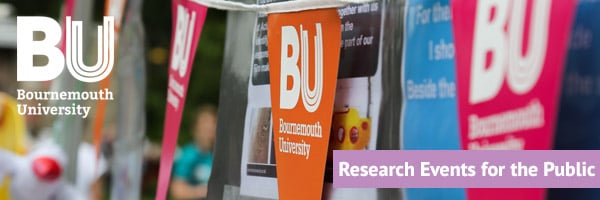



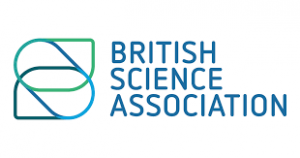
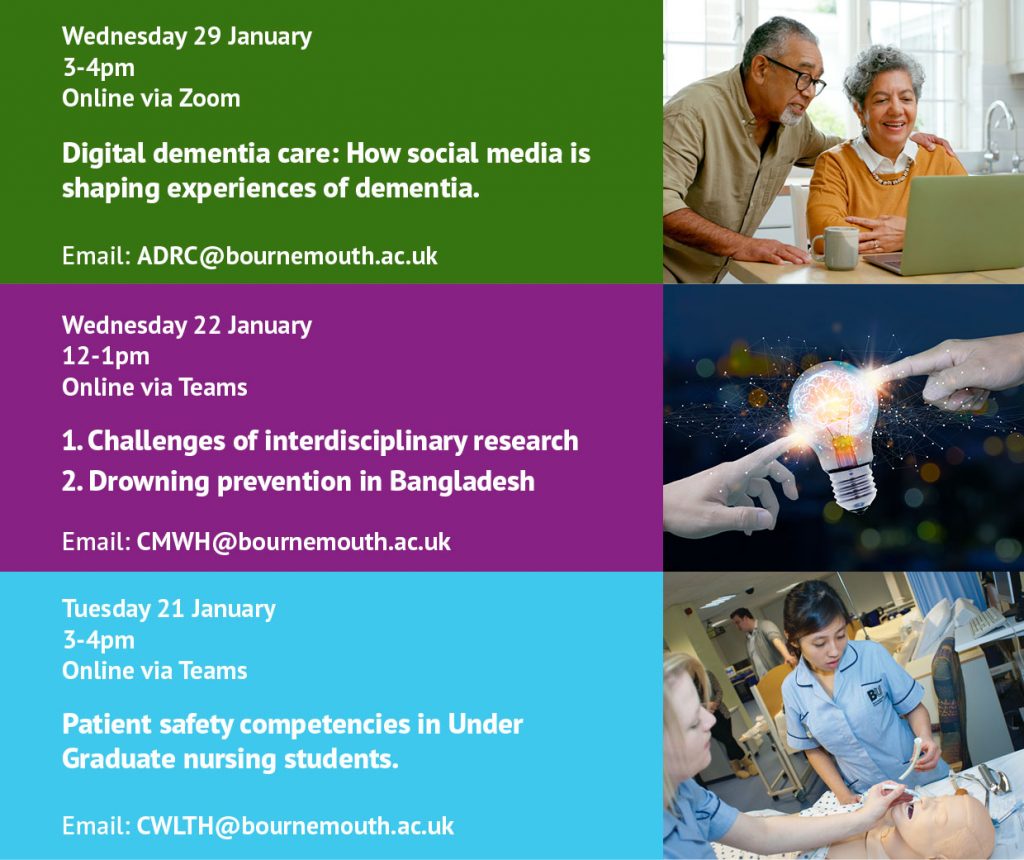
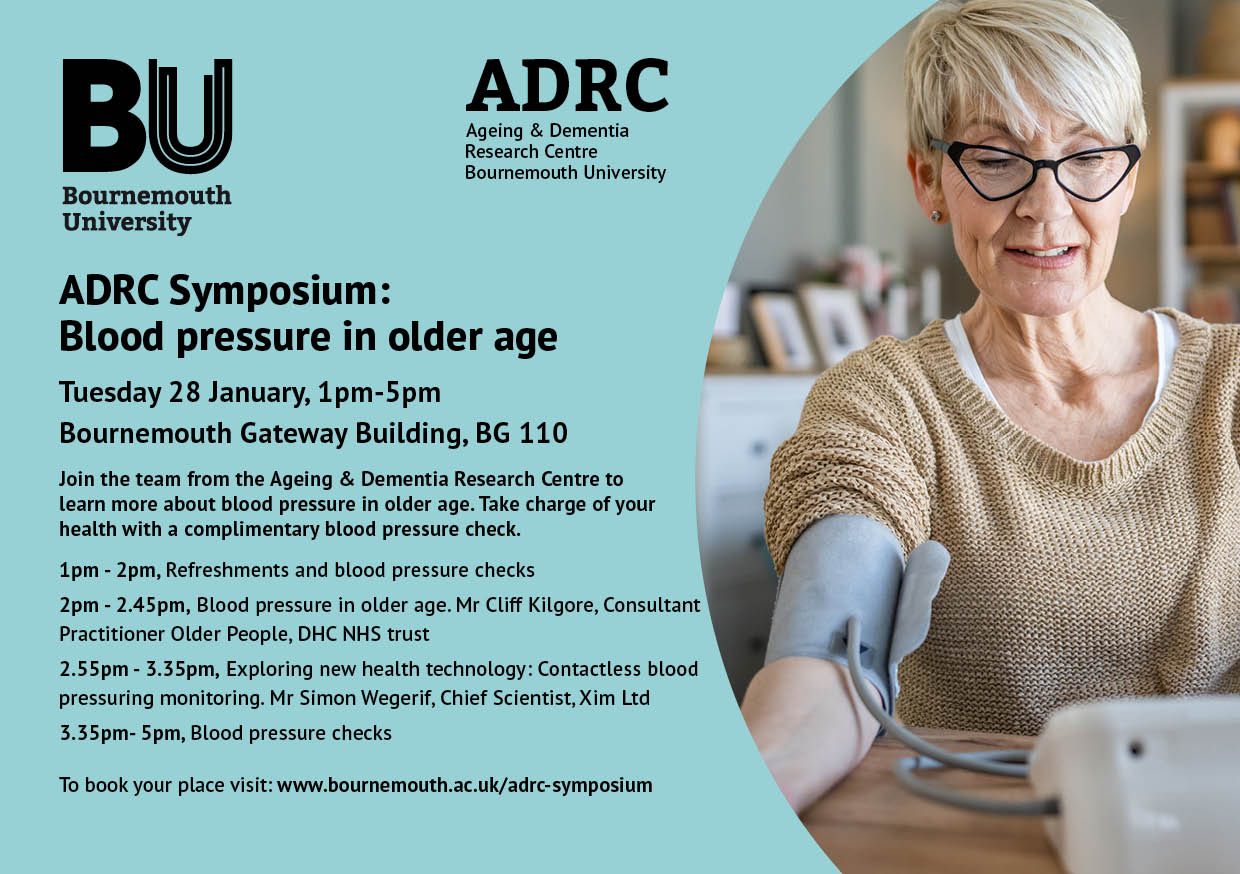
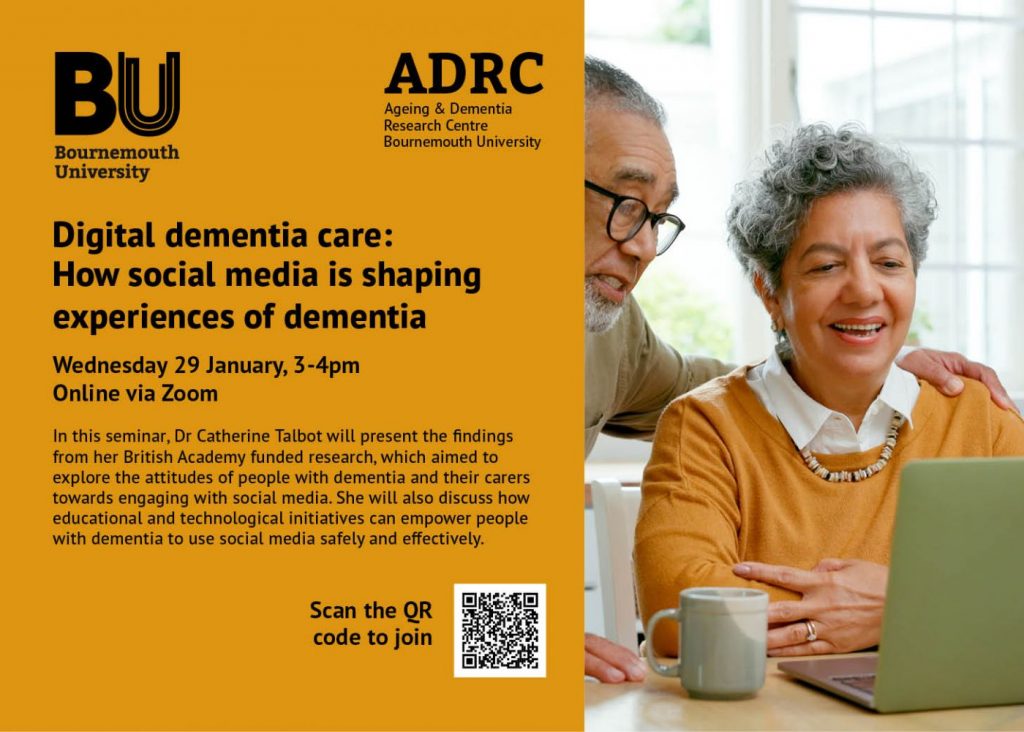

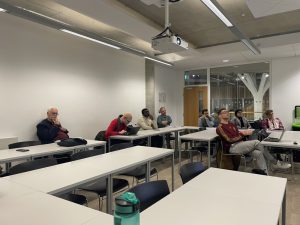
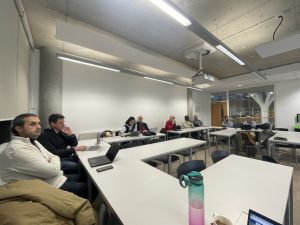
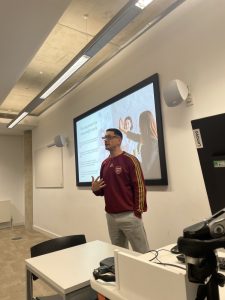
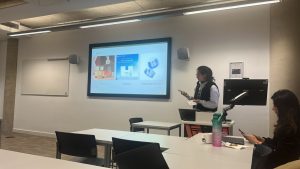
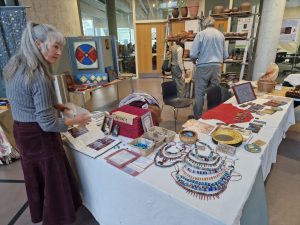 Last week we saw over 220 archaeologists from all over the world gather on Talbot Campus for the 45th annual meeting of the
Last week we saw over 220 archaeologists from all over the world gather on Talbot Campus for the 45th annual meeting of the 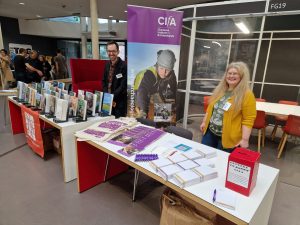 BU continued the recent TAG tradition of awarding prizes. This year’s TAG Prize for outstanding theoretical contribution was awarded to
BU continued the recent TAG tradition of awarding prizes. This year’s TAG Prize for outstanding theoretical contribution was awarded to 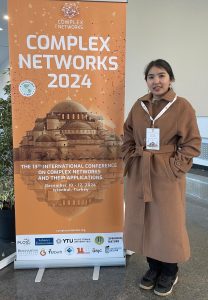
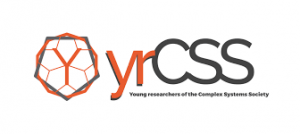
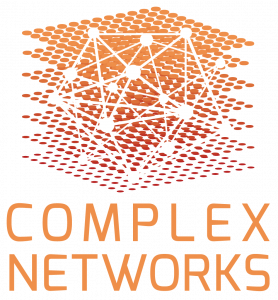











 Expand Your Impact: Collaboration and Networking Workshops for Researchers
Expand Your Impact: Collaboration and Networking Workshops for Researchers Visiting Prof. Sujan Marahatta presenting at BU
Visiting Prof. Sujan Marahatta presenting at BU 3C Event: Research Culture, Community & Can you Guess Who? Thursday 26 March 1-2pm
3C Event: Research Culture, Community & Can you Guess Who? Thursday 26 March 1-2pm UKCGE Recognised Research Supervision Programme: Deadline Approaching
UKCGE Recognised Research Supervision Programme: Deadline Approaching ECR Funding Open Call: Research Culture & Community Grant – Apply now
ECR Funding Open Call: Research Culture & Community Grant – Apply now ECR Funding Open Call: Research Culture & Community Grant – Application Deadline Friday 12 December
ECR Funding Open Call: Research Culture & Community Grant – Application Deadline Friday 12 December MSCA Postdoctoral Fellowships 2025 Call
MSCA Postdoctoral Fellowships 2025 Call ERC Advanced Grant 2025 Webinar
ERC Advanced Grant 2025 Webinar Update on UKRO services
Update on UKRO services European research project exploring use of ‘virtual twins’ to better manage metabolic associated fatty liver disease
European research project exploring use of ‘virtual twins’ to better manage metabolic associated fatty liver disease